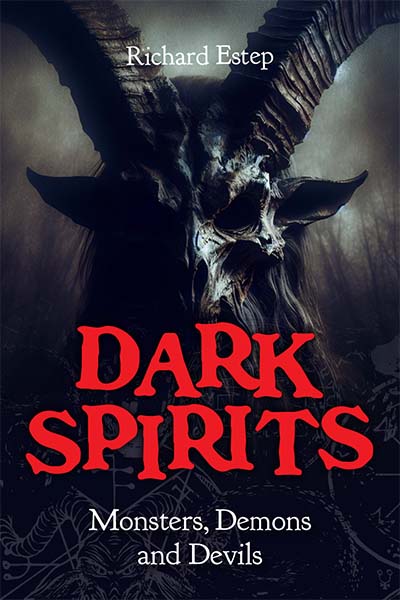The Life and Unlikely Heroism of Joshua Lawrence Chamberlain
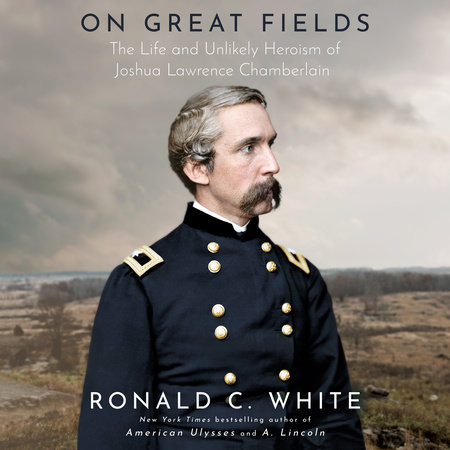
Among the many excellent points made by author Ronald C White in his biography of the Union Civil War icon Joshua Lawrence Chamberlain, is the fact that its titular focus hasn’t always been the darling of the American public. Following his death in 1914, Chamberlain’s once soaring star began to set. It took his fictionalized appearance in author Michael Shaara’s Pulitzer Award-winning 1974 novel The Killer Angels to return JLC to prominence.
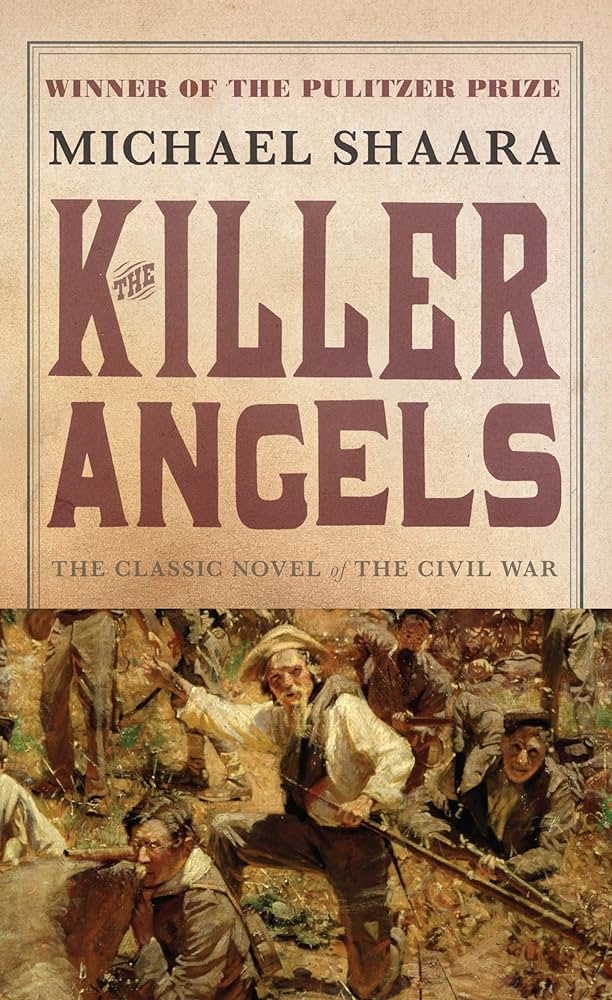
In fact, a strong case can be made that Chamberlain’s legend didn’t truly take off until almost 20 years afterward, with the release of director Ronald Maxwell’s screen adaptation, titled Gettysburg. It can be convincingly argued that the one man who has done more to popularize Chamberlain and cement his image firmly in the public consciousness, is actor Jeff Daniels, who’s sensitive and compelling portrayal remains the anchor for much of the film. It’s hard to even think about Chamberlain without conjuring up memories of Daniels, such was his bravura performance.
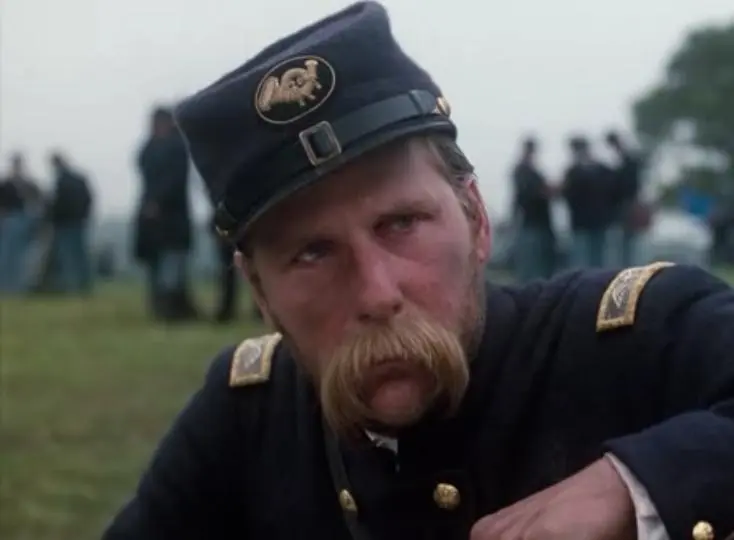
The primary audience for this book are probably going to be those with an interest in the Civil War, to a greater or a lesser degree. As such, the only downside to a biography which is filled with fascinating anecdote and insight, is that so much has already been written about Chamberlain’s war service. He and the regiment he commanded (the 20th Maine) have been lionized for years, particularly their gutsy stand on the summit of Little Round Top on July 2, 1863, anchoring the left flank of the Union line at Gettysburg. There’s not much new to be said on that particular subject, and the entirety of Chamberlain’s involvement in the Civil War forms a section of a much broader narrative.
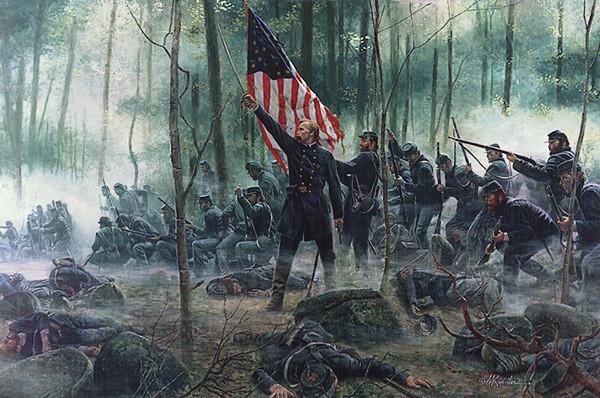
That isn’t to say that White doesn’t cover the war years adequately. Chamberlain’s formative period as a novice officer and horrific experiences on the fields of Antietam, Chancellorsville, and Fredericksburg (to name just three) are included, as is the rest of his active duty up til the final surrender of Robert E. Lee at Appomattox. However, those who are well-versed in this period of Chamberlain’s life will probably learn more in the sections which focus upon his time as a student, professor, and ultimately the president of his alma mater, Bowdoin College. Attention is also given to Chamberlain’s political career, particularly the time he spent as governor of Maine.
On a personal level, the author delves into Chamberlain’s religious beliefs (he was a man of deep faith) and family affairs, as much as the available sources allow. Chamberlain attended theological seminary for three years, and was on the road to becoming a missionary before his life took a different turn. White strikes a good balance between being insightful without being intrusive. There’s a sense of his subject being, paradoxically, a complicated and yet simultaneously very simple man.
Joshua Chamberlain lived to the ripe old age of 85. His was a colorful life, and Ronald C. White spends just shy of 400 pages doing it justice. On Great Fields is a thoroughly researched, comprehensive, well-written biography — one which I have no hesitation in recommending.

